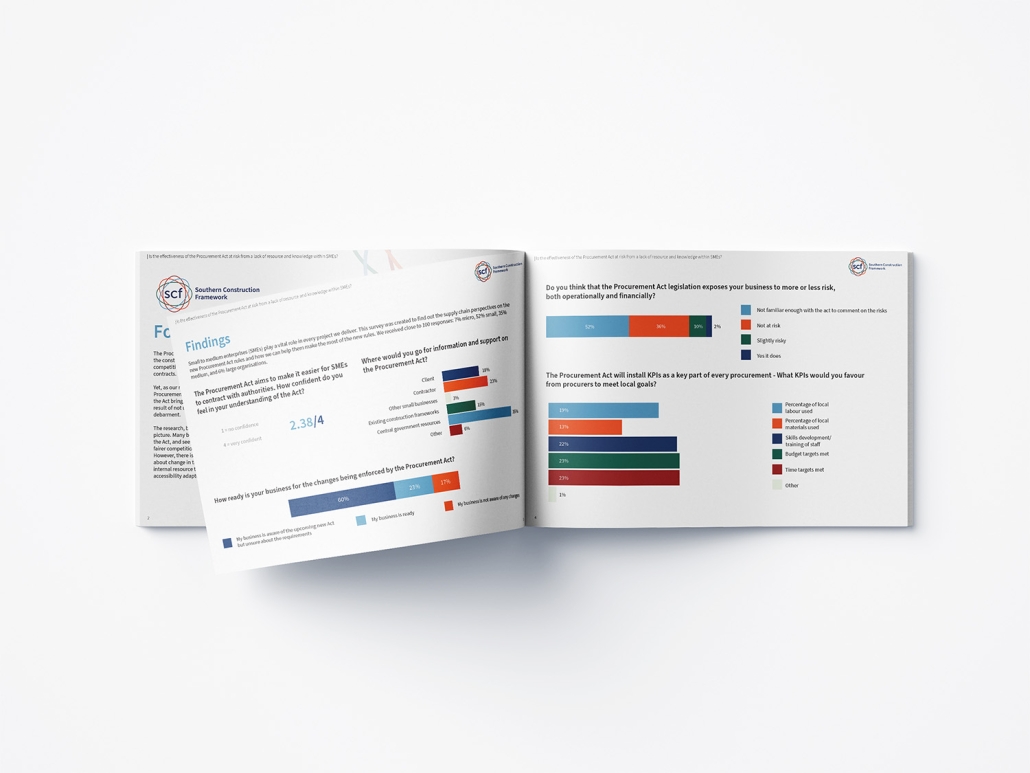The Procurement Act represents a significant transformation for SMEs in the construction supply chain, creating new opportunities and a more competitive market for smaller organisations to compete for public sector contracts. Yet, as our research shows, a lack of resources and knowledge about the Procurement Act means that many may not benefit from the advantages the Act brings. At worst, they may be exposing themselves to risks as a result of not understanding certain details of the act, such as in relation to debarment.
The research, based on a survey of 88 SME suppliers, uncovers a mixed picture. Many businesses already share the underlying principles of the Act, and see particular opportunities because of the Act, such as fairer competition, better relationships and an expanding client base. However, there is a level of cynicism regarding the Act’s potential to bring about change in the short to medium term. In addition, many lack the internal resource to dedicate to a procurement role, and argue for greater accessibility adapted to the SME market.
With over half responding that they do not know enough about the Act to comment on the risks it may expose them to, key areas such as the central debarment register may slip under their radars. With debarment resulting in exclusion from all public contracts for up to five years, the potential for this to devastate SMEs reliant on public sector revenue is significant. By acting as a bridge between public sector clients and our suppliers, we help lower the administrative burden for SMEs to access contracts. Our early engagement approach, and focus on collaborative, long-term relationships and provisions for social value and fair payment practices, all align with the Procurement Act’s focus on stability for SMEs.
As SMEs grapple with the Procurement Act and begin to experience its impacts – for better or worse – it will be more important than ever for suppliers, contractors and frameworks alike to collaborate, to ensure that opportunities are not missed and unnecessary risks averted.
Take a look at the findings from our survey

James Wright





